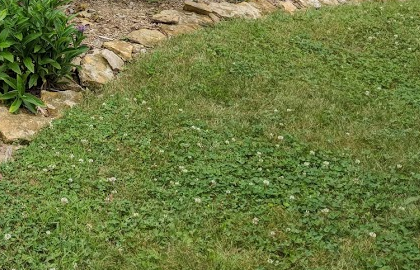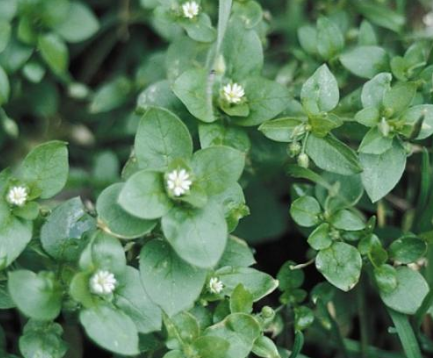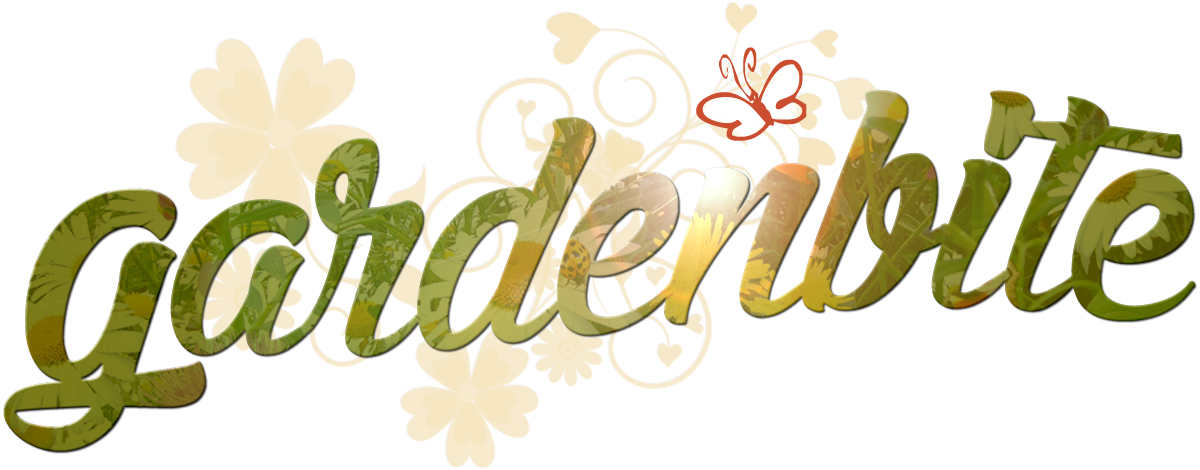Click below to listen to my 2 min. Garden Bite radio show: Fertilizers, herbicides and weeds – oh my
Audio PlayerCrabgrass and Clover and Dandelions oh my! Yes the weeds in our lawns tend to give many a homeowner a fright. As we step into August, a typically hot/dry month, you might notice more issues.

Listeners have asked what they can do to, not only get rid of weeds but also to feed their lawns. Now is NOT NORMALLY the time to fertilize. If you must fertilize your lawn, the time to do it is late August to mid-October. Those are the recommended best times for cooler climates.
I’ll warn you, that I WILL be talking about not using any chemicals on tomorrow’s Garden Bite, but for those of you who want to…
Fall is the best time to control perennial broadleaf weeds. At that time of year (mid-September through mid-October), these plants are storing carbohydrates for winter, actively growing and will readily take up the herbicide. Often, a one-time, relatively low rate of application of an appropriate herbicide will be effective.

Since much of the other landscape plant material is either going dormant for the winter or has been removed from the garden and flower beds, there is less chance for off-target plant injury.
The use of corn gluten meal as a herbicide was discovered during turfgrass disease research conducted at Iowa State University. CGM was observed to prevent grass seeds from sprouting. Further research has shown that it also effectively prevents other seeds from sprouting, including seeds from many weeds such as crabgrass, chickweed, and even dandelions. Corn gluten meal is effective only against seeds, not existing plants.

Annual weeds that are already up and growing will not be killed by products made of corn gluten meal. They’ll die on their own, though, by the end of autumn. But most of the seeds they produce later in the season shouldn’t sprout.
